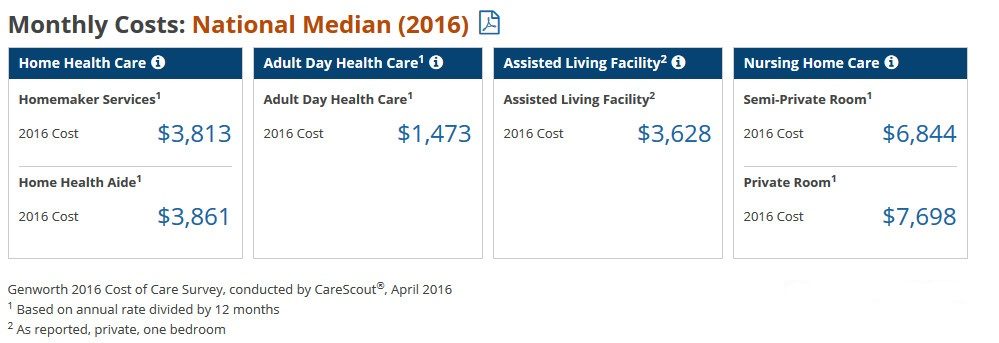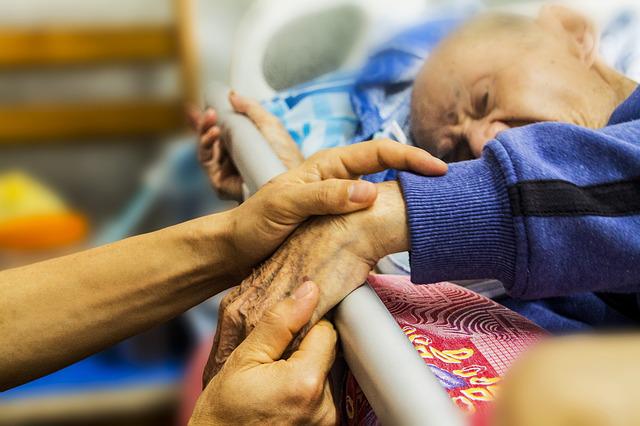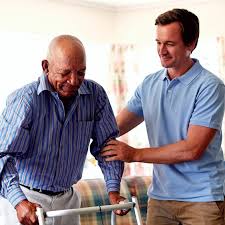
There are many options for those who need assistance with their aging parents. There are nursing homes, adult day programs, in-home care and hospice. In this article, we'll discuss what each option offers. Your preference will ultimately depend on your family's situation, budget, and level of care you require. No matter what your preference, your loved one will receive high-quality care.
In-home care
The cost of in-home care for the elderly can vary greatly. Some costs may be covered under health insurance, Medicaid, Veteran Administration benefits. Private citizens can also contribute. Fundraisers are another way to raise the money needed. It is important to compare in-home care with nursing home care. You should compare costs before choosing a service.
You must first assess your elderly loved ones' care needs before choosing an in home care provider. It is important to determine whether your loved one requires skilled or non-skilled care. An elderly care agency can provide a free assessment in your home. This is a great opportunity to find out what kind of care you require and what services may be available.

Nursing homes
You need to be aware what you should look for when looking into nursing home care options for your loved one. First, you must ensure that the facility meets minimum safety regulations. This includes a sprinkler, fire-resistant door, and evacuation plan. You should also have policies regarding personal property storage and procedures for medical emergencies. In addition, the nursing home you choose should have a waiting period for admission and a fee structure that's easy to understand. The fee structure must clearly outline the services provided as well as any additional services.
Home Care Assistance Program can also be an option for those who are unable to manage their daily activities or who don't wish to live in a nursing home. HCAP does NOT provide 24-hour care, but it does provide medical care, room and board and case management. This option is often covered by Medicaid, Supplemental Security Income, and home relief programs.
Adult day programs
Adult day programs that provide elderly care for seniors offer a variety services for those who need assistance, supervision, or socialization. Many of these programs also offer cognitive stimulation and memory training. These centers can provide caregivers with a break from their caregiving duties and delay placement in a nursing facility. The majority of centers work seven to ten hours a day, with some offering evening and weekend hours. Some provide transportation and meals.
Adult day care centers are professionally-trained, community-based programs that focus on enriching the lives of older adults. The activities create a community for participants and provide respite for caregivers after a hard day. The staff of adult day care facilities is made up of health care professionals, so they can provide health support and physical and occupational therapy for the elderly. Before enrolling a loved one in adult day care, caregivers should consult a doctor.

Hospice care
While it can be hard to ask questions of medical professionals, asking questions is an important part of hospice care for the elderly. This will ensure that the senior gets the best possible care in their final years. Ask about the number, availability, and duration of the care.
According to one study, nurses who had worked with elderly relatives are more likely to accept hospice care. Although these results are troubling, they are not unexpected. Caregivers close to the elderly may have an alternative perspective. People who have had to deal with death have a higher likelihood of having a positive attitude toward hospice care. Furthermore, nurses who have received hospice training are more likely to be positive about the elderly.